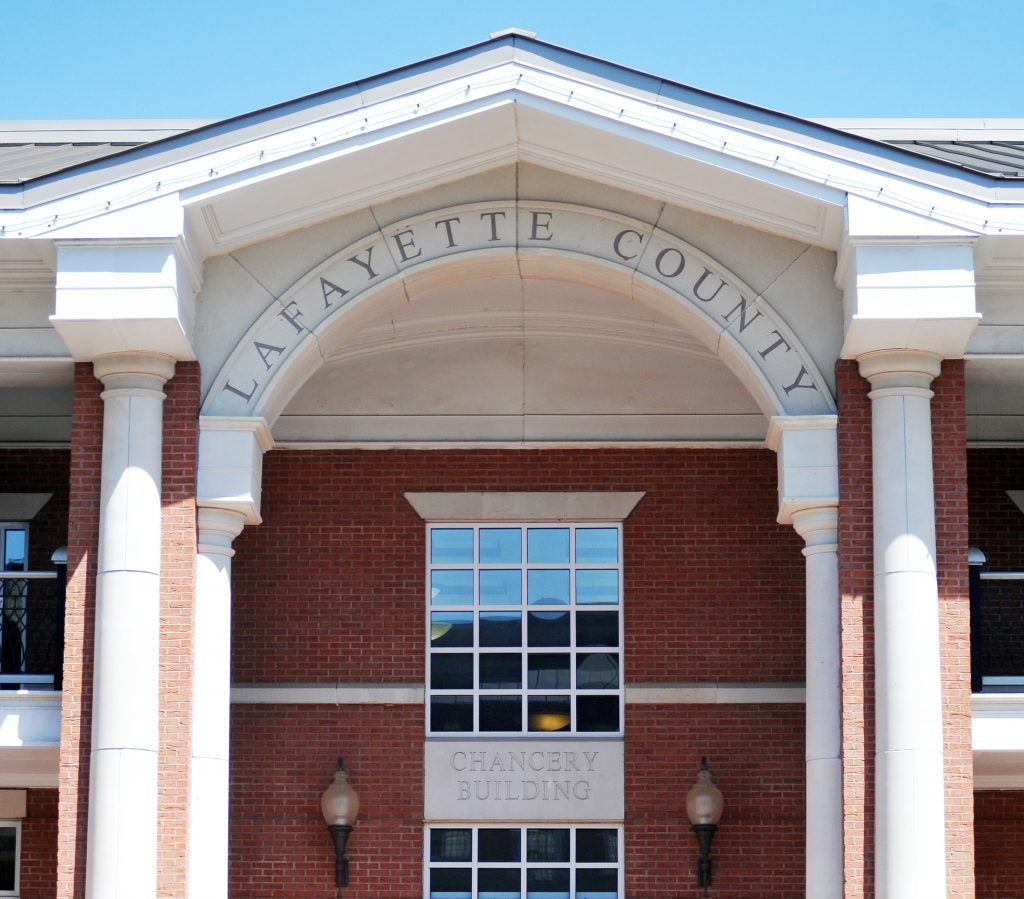Lafayette County Supervisors receive opioid lawsuit update
Published 8:00 am Tuesday, June 18, 2019
The Lafayette County Board of Supervisors voted to join the fight against the opioid crisis last year in a unanimous vote of approval, joining with 22 other Mississippi counties against all pharmaceutical companies that manufacture and distribute opioid medications.
During Monday’s regular meeting, the Board was provided with an update on the litigation process by attorney Chandler Rogers, of the New Albany law firm Rogers Law Group, P.A. Rogers said the lawsuit was officially filed with the United States District Court at the Northern District of Mississippi’s office in early May. The lawsuit was then transferred to Cleveland, Miss. a couple weeks later, where it was unified with the lawsuits of the other counties, including Union and Benton.
The next step is a 90-day period where a plaintiff’s fact sheet must be compiled with the help of county officials and the Lafayette County Sheriff’s Department.
Trending
“Opioids have become the national crisis, including in Lafayette County,” District 1 supervisor Kevin Frye said. “We made the determination as a board that we wanted to enter into this litigation to recover damages that Lafayette County has received as impacted by the opioid crisis. What we hope is that we will see some ability to recoup funds that we’ve expended and the sheriff’s department and the court system and other parts of the community.”
The Board voted to join the litigation during a regular meeting last July. According to a Center for Disease Control study, Mississippi is the sixth-worse state for opioid usage. In Mississippi, the prescription rate is 120 opioid prescriptions per 100 residents, meaning enough prescriptions are written in the state to have more than one in his or her name. The national average is 80 prescriptions per 100 residents.
More specifically, Lafayette County’s average rate is around 90 prescriptions per every 100 residents.
The lawsuit states opioid companies were distributing drugs without telling the public about their highly addictive qualities. Lafayette County and other local governments are aiming to win back money that was spent in treating local victims of addiction.
One state has already seen success in their battle against pharmaceuticals and the opioid epidemic. In May, Oklahoma reached settlements with two companies who manufacture opioids. The Israel-based company, Teva, agreed to an $85 million settlement over its alleged role in fueling the opioid crisis. They followed Purdue Pharma, who agreed to a $270 million settlement with the state in March. Oklahoma’s attorney general is still going to trial against the Johnson & Johnson Company, which has not settled, and a trial is currently ongoing.
Rogers informed the Board that Oklahoma’s litigation involves a judge-only trial, and that most of the other cases will be presented in jury trials.






